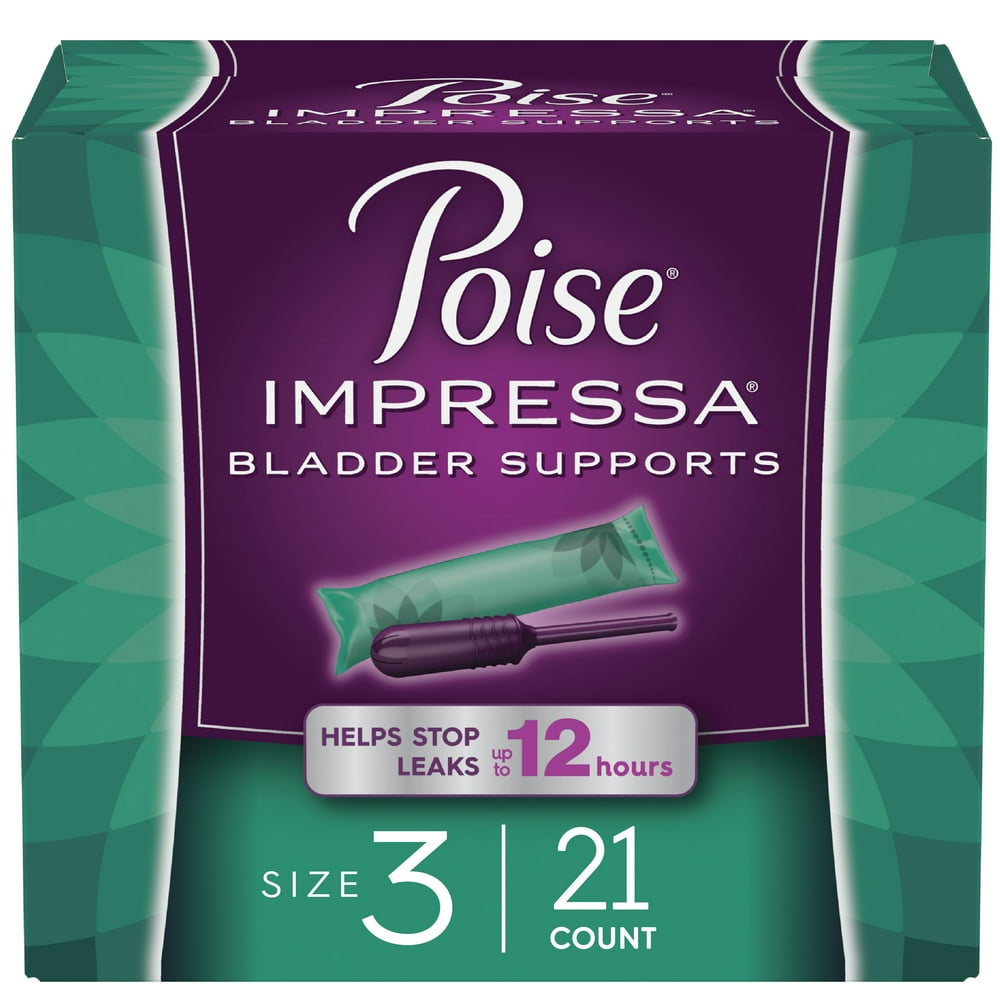
September 2, 2024
Childbirth & Incontinence Urogynecology & Pelvic Health
Postpartum Treatment Of The Brand-new Mommy Statpearls Ncbi Shelf Some women may undertake numerous hormone changes during pregnancy, and they may wonder what took place to your body after giving birth. It prevails to observe loss of hair for a few months after the maternity. This is a sign that the body is going back to its initial state. Your newborn will be placed on your belly directly after an uncomplicated vaginal delivery. After the physical and emotional obstacles of a tough birth, this can be a demanding time. Your health care team will keep you and your birth partner notified and up-to-date. The majority of women have a healthy and balanced, risk-free and straightforward recuperation after having a child in healthcare facility or in your home. The very first couple of days are a time for resting, looking after on your own and learning about your child. If you're nursing, it might be months before your menstrual period returns, probably not up until after your child has been weaned.How Much Time Does Postpartum Urinary Incontinence Last?
Can your bladder repair itself?

- The hormonal discrepancies bring about excess feelings in women.
- Within a few hours, you will certainly be moved to the maternity ward.
- It is common to observe hair loss for a few months after the pregnancy.
- New moms need to put on complete coverage pads and women diapers to handle their urinary incontinence.
Problems And Special Care
The words rectal prolapse or rectocele are frequently made use of by medical professionals to describe these changes in the contour of the vaginal area. After distribution of a child, some degree of prolapse is extremely common. However, in the majority of females these modifications heal and settle within a couple of months with no treatment. If the trouble is serious and does not settle, some fixing might require to be done. For some women these harmed muscular tissues and tendons continue to be weak and do not entirely recover. You might additionally feel some rigidity or looseness in your vaginal area. Often it can take a bit longer to return to what's regular for you. Regarding 10 to 15 percent of females are influenced by depression while pregnant and in the postpartum duration, beginning as early as one to three weeks after delivering, and even approximately one year later. You might still have lochia, and some moms experience aching nipple areas around this time. Females who had bladder leak during pregnancy are likewise more probable to experience urinary incontinence after shipment. If you require to discover what happens to body after giving birth, then you require to be gotten ready for some physical and emotional adjustments. It is also normal to feel discomfort and discomfort in pelvic locations. Most of the woman feels urinary system incontinence Home page for a couple of weeks of pregnancy. The medical professional may recommend minute exercise and diet to alleviate this pain. Some women like to put on disposable undergarments while others wear pant-style over night diapers for grownups as these are easier to put on similar to an underwear. This alleviates them from the worry of pads sliding or otherwise staying in location and it is an extra sanitary, non-messy service. Several of these pull-on adult baby diapers can be washed and are recyclable. It is best to pack a couple of soft and comfortable cotton panties and baby diapers produced ladies.Does Childbirth Inevitably Bring About Incontinence?
This birthing down presses the child's head versus the mother's muscle mass and nerves to such a degree that the normal flow of blood is removed briefly until that push is over. Without a fresh supply of blood, the cells are denied of oxygen and nutrition, making them much more prone to damages. The pressures created by pushing are 3 times higher than the cells would generally tolerate for any kind of prolonged time. Nevertheless, minority minutes of remainder in between contractions usually allows blood flow back to the area. 
Social Links